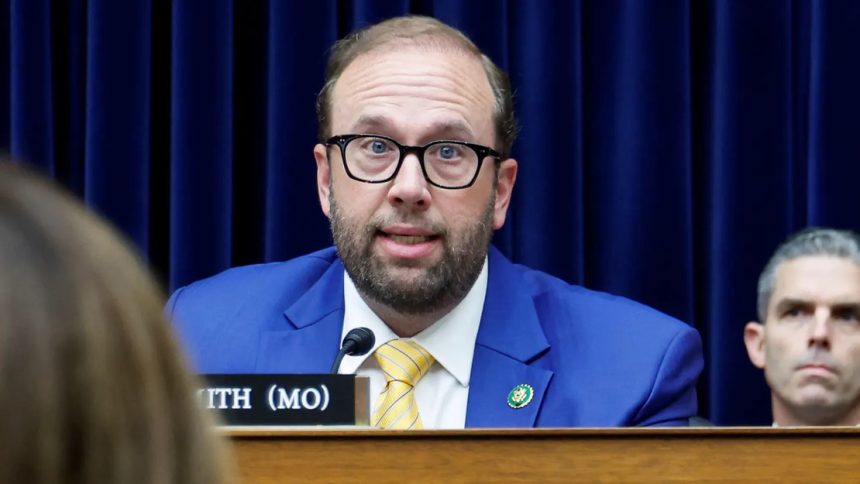The future of the child tax credit, a vital tax benefit for millions of American families, hangs in the balance as Congress deliberates over potential changes to tax policy under President-elect Donald Trump’s administration. Originally expanded through the Tax Cuts and Jobs Act (TCJA) of 2017, the credit is set to revert to pre-2017 levels after 2025 unless Congress acts.
What Is the Child Tax Credit?
The TCJA temporarily increased the maximum child tax credit from $1,000 to $2,000 per child under 17 and raised income thresholds for eligibility. This allowed more families to benefit from the credit. However, unless extended, the enhanced benefit will sunset after 2025, reverting to lower amounts and stricter eligibility criteria.
During a recent House Ways and Means Committee hearing, Chairman Jason Smith (R-Mo.) warned, “The last thing families need is to see Washington slashing their child tax credit in half.”
Challenges for Lower-Income Families
While the TCJA expanded the credit, it capped the refundable portion, disproportionately affecting lower-income families who don’t owe taxes.
“The child tax credit is upside down because it gives more benefits to higher-income people than lower-income people,” said Chuck Marr, vice president for federal tax policy at the Center on Budget and Policy Priorities.
According to a Tax Policy Center analysis, roughly 17 million children from lower-income households won’t receive the full value of the credit in 2025 unless changes are made.
Bipartisan Efforts and Legislative Hurdles
Both Democrats and Republicans have expressed support for extending the expanded credit. In January 2024, the House passed a bipartisan tax package that included a proposal to increase access to the credit and retroactively boost the refundable portion for 2023, potentially leading to refund checks for many families.
Despite this momentum, Senate Republicans blocked the measure in August 2024, citing concerns over the growing federal budget deficit. However, they have indicated a willingness to revisit the issue in future negotiations.
Budget Deficit and the Future of the Credit
The federal budget deficit poses a significant challenge to extending the enhanced child tax credit. The U.S. Department of the Treasury reported a three-month fiscal year 2025 deficit of $710.9 billion, a 40% increase from the same period the previous year. This growing deficit may complicate efforts to maintain or expand tax credits.
What’s Next for Families?
With the enhanced child tax credit set to expire, millions of families could face financial strain without congressional intervention. The debate over the credit reflects broader tensions between providing support for families and managing the federal deficit.
As the discussions unfold, many families and advocates hope for a resolution that prioritizes their needs. As Chuck Marr noted, “A well-designed child tax credit is a lifeline for families, especially those with limited resources.”





